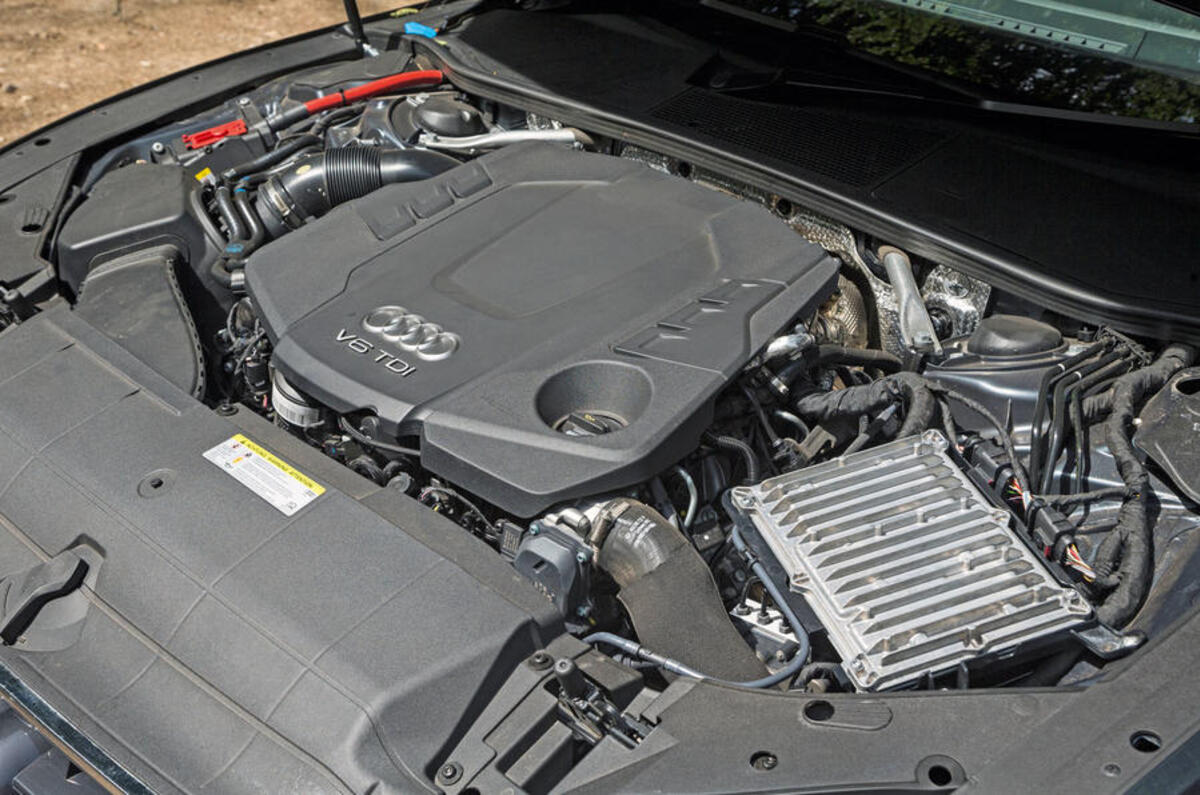Audi has approved many of its models' six-cylinder diesel engines for use with hydrotreated vegetable oil (HVO) as part of the firm’s transition to becoming net climate neutral by 2050.
Since mid-February, selected new Audi models with V6 TDI engines up to and including the firm's range-topping 282bhp unit can be driven on HVO. The models include the Audi A4, Audi A5, Audi A6, Audi A7, Audi A8 and the Q7 and Audi Q8 SUVs.




Join the debate
Add your comment
Sounds great, oil from cooking fuels, then you read also from plants. There's no percentage breakdown of the split but I'd expect very little of it to come from chip fat so all the claim does it make it sound green, just how green is cutting down forests in the amazon to grow fuel crops.